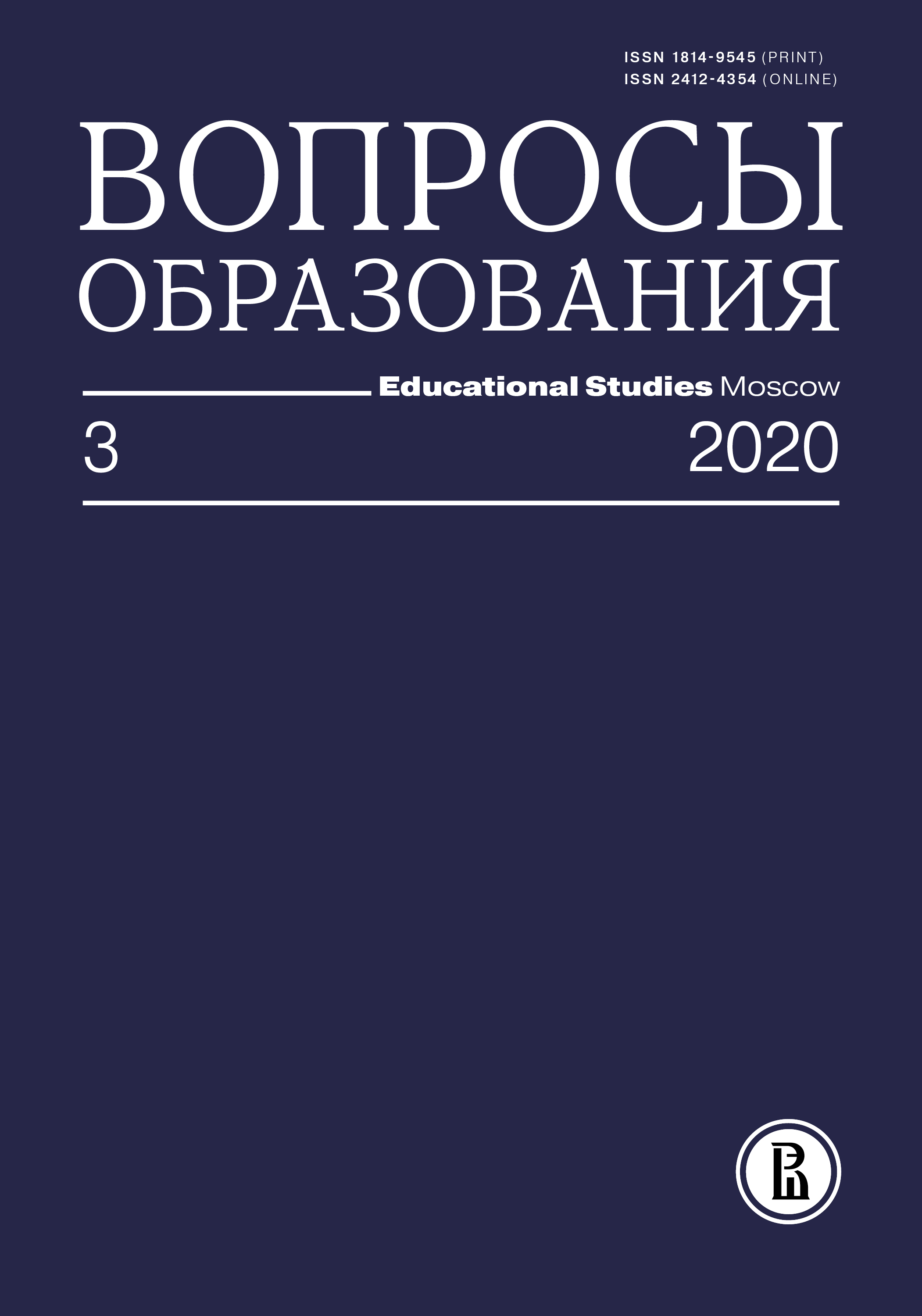Шведские школы: результаты работы, социальное происхождение учащихся, конкуренция и эффективность
Аннотация
Ухудшение результатов шведских школьников в Международной программе по оценке образовательных достижений учащихся PISA, а также в других международных тестированиях в период между 2000 и 2012 гг. вызвало обеспокоенность шведской общественности и сомнения в эффективности национальной школьной системы, даже несмотря на то что в последнее время результаты выросли. Кроме того, более заметными стали различия образовательных достижений учащихся из разных социально-экономических групп. Особенность шведской системы школьного образования в том, что она предоставляет семье свободный выбор между частными и государственными школами. В научном сообществе идут дискуссии о влиянии конкуренции на результаты деятельности школ и образовательное неравенство.
Проведен эконометрический анализ результативности шведских средних школ на основе панельных данных, охватывающих большинство школ страны, за период 2013–2017 гг. Установлено, что коммерческие частные школы в среднем показывают более низкие результаты по сравнению с некоммерческими и государственными школами — правда, при наличии большой неоднородности. Конкуренция среди школ коррелирует с ухудшением образовательных результатов в школах, где велика доля неблагополучных в социально-экономическом отношении учащихся, что подтверждает негативный эффект сообучения, характерный для отстающих школ. Результаты панельного стохастического граничного анализа позволяют судить об относительно ограниченном распределении показателей неэффективности школ, при том что очень низкие достижения показывает относительно малое число школ. Результаты исследования свидетельствуют о необходимости адресного распределения ресурсов в пользу самых нуждающихся школьников, а также более четкого управления процессами конкуренции и выбора школ — так, чтобы от этого выигрывали в равной степени учащиеся всех социально-экономических групп.








